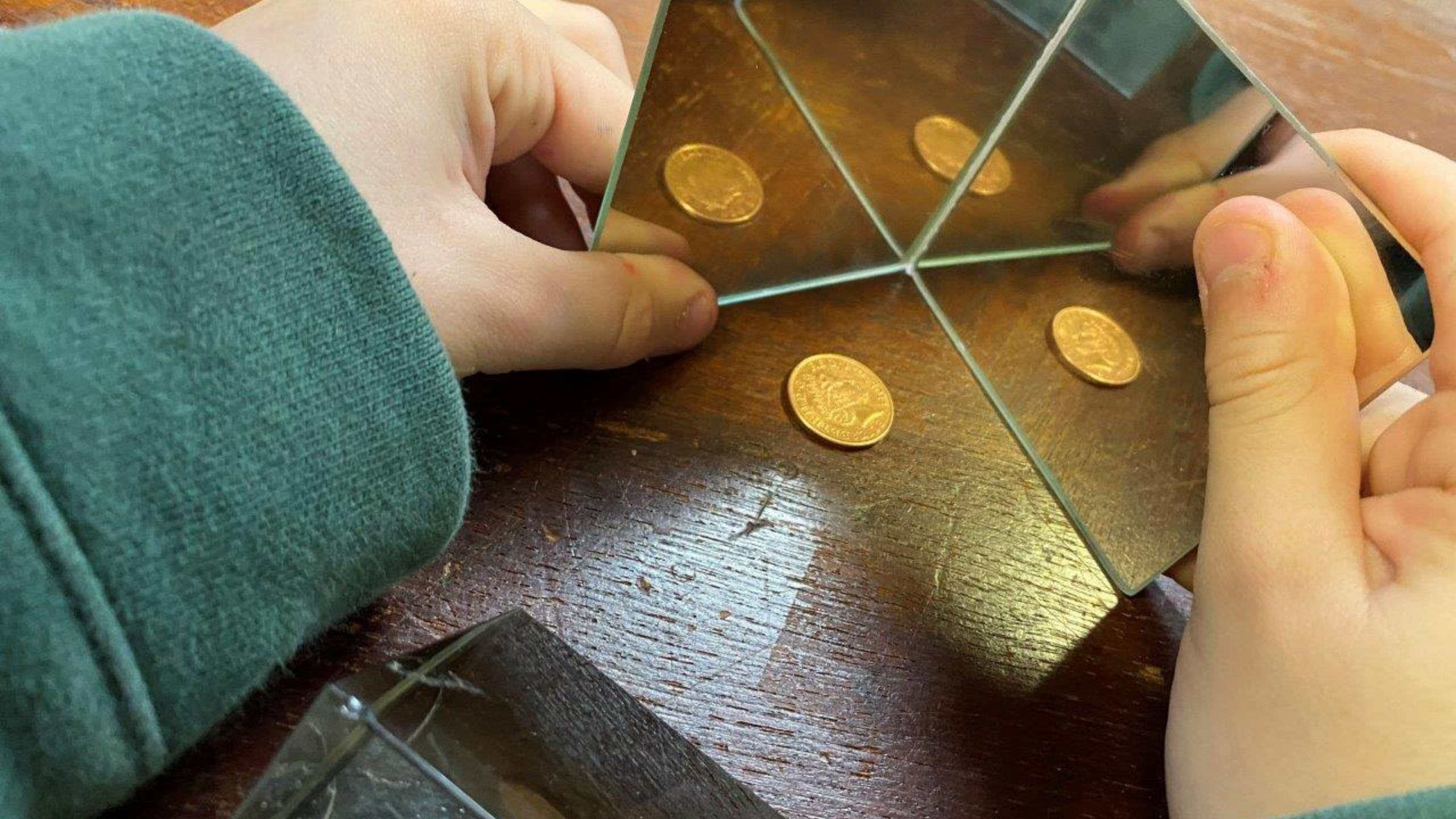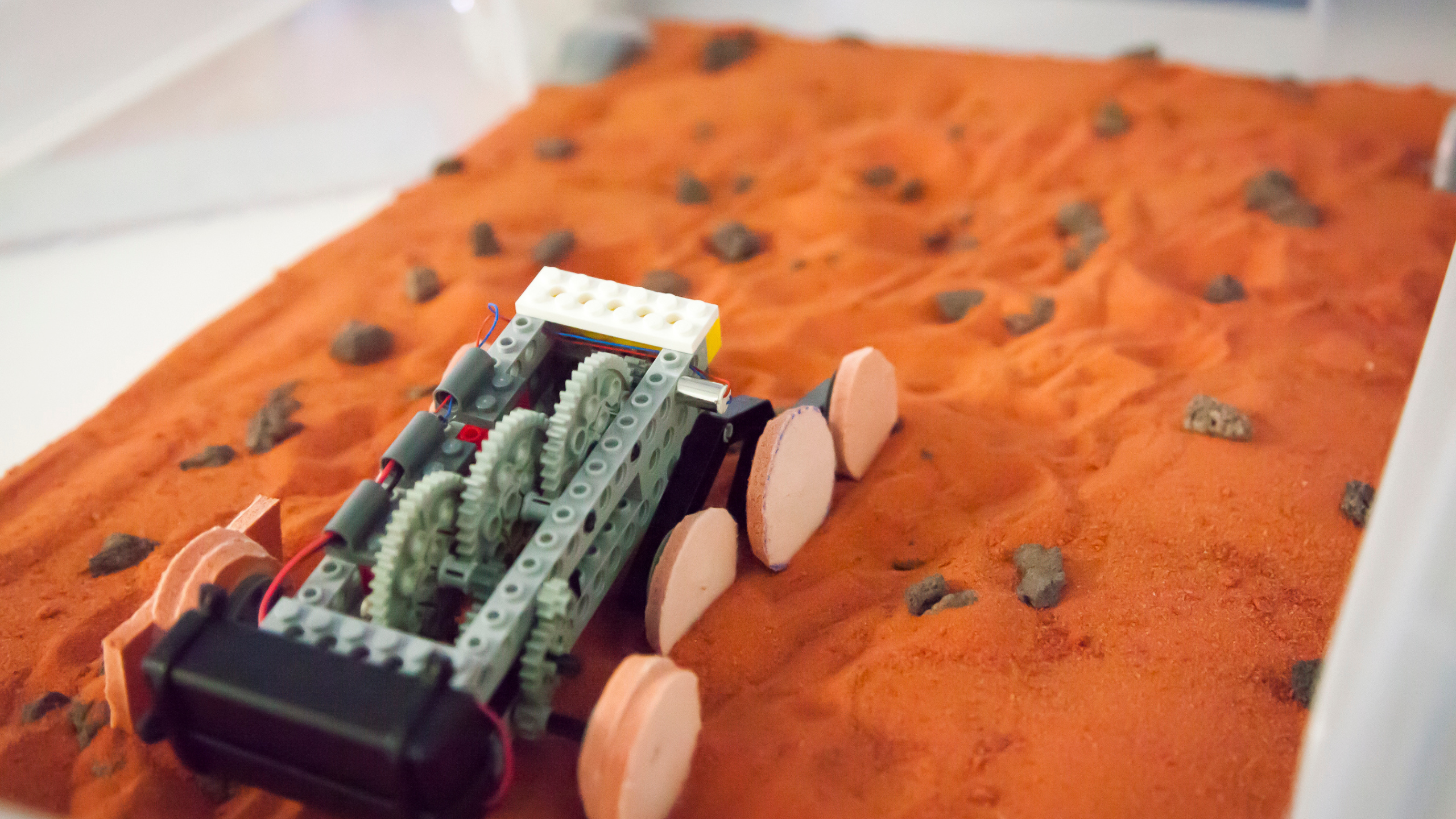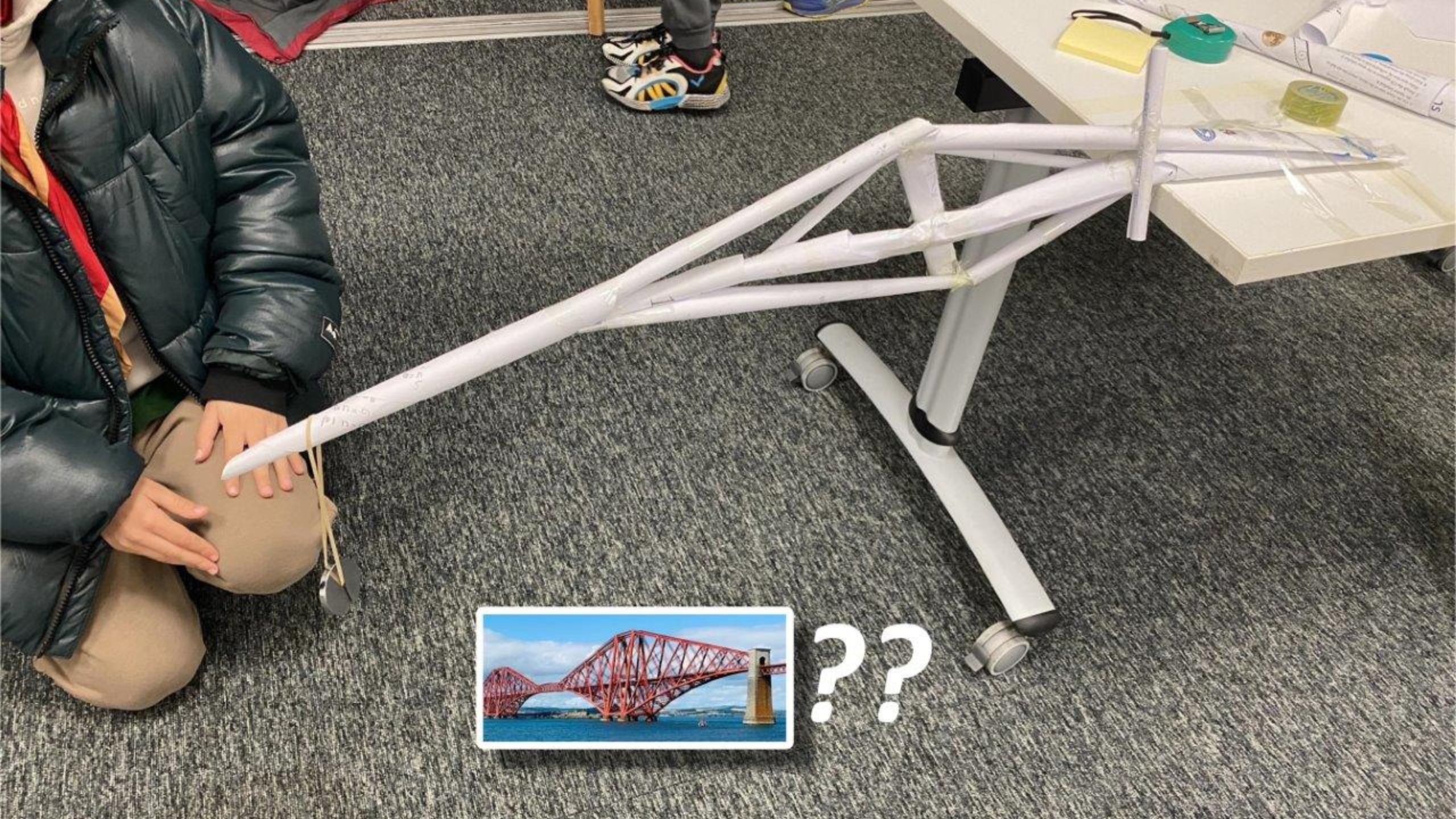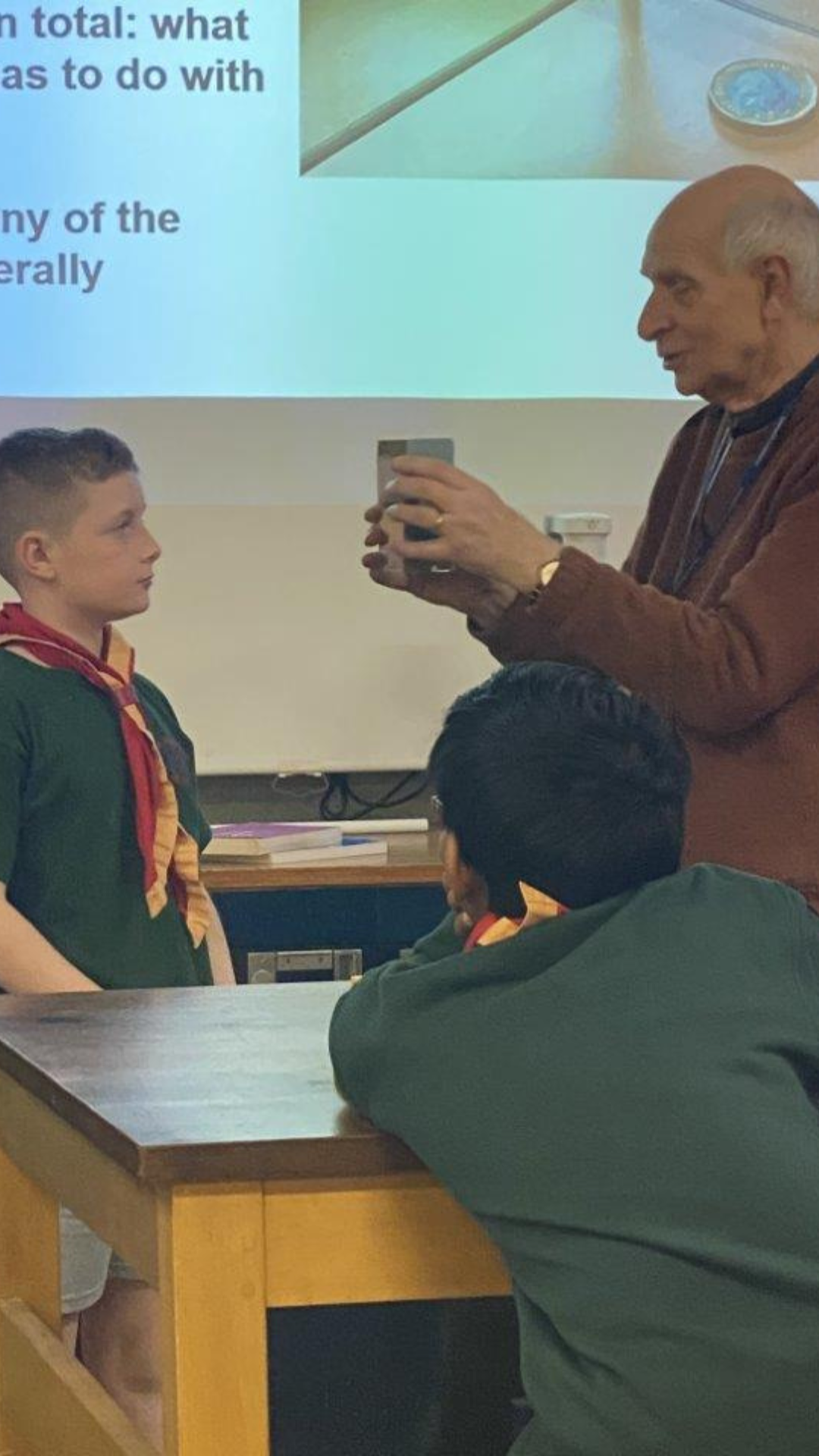Physics fundamentals: extending outreach to primary schools
The Cavendish Outreach Team have recently expanded their physics programme for teachers to support primary students' transition to secondary school. Addressing misconceptions about physics at this crucial age is a priority.

The Cavendish Outreach Office has a long history of supporting future physicists; the 40th annual Physics at Work exhibition is taking place in September and our regular Cambridge Physics Experience (CPE) programme is now in its twelfth year. These programmes have grown over their lifetimes, responding to the changing needs of schools and developments in the wider access and participation landscape. In light of research suggesting that students’ opinion of science, and physics in particular, falls sharply in their first years of secondary school, in 2018 we introduced an additional element of the CPE for years 7 and 8 (ages 11-12). This has been well received by students and their teachers, with overwhelmingly positive feedback, and is regularly oversubscribed. Building on this success, we are now developing a programme for late primary students (ages 9-10), to provide support either side of the jump to secondary school.
Challenging misconceptions
There are two main reasons for us to focus on this age group. Firstly, research indicates that opinions of science are set at a very young age, and secondly, our interactions with primary teachers highlighted the lack of high-quality physics resources at an appropriate level and a particular dearth of support for practical elements of the curriculum. Additionally, very few primary teachers have a background in maths or physics, and a packed curriculum means that fundamental concepts can be skipped over, and misconceptions left unaddressed. Together, this can make the transition to more rigorous science at secondary school particularly challenging for students. By providing teachers with support for practical sessions, we hope to provide late primary students with an introduction to physics that better positions them for positive engagement with it at secondary school and challenges misconceptions that science is a solo, uncreative enterprise in which they rarely explore their own ideas.

A new offer in tune with the primary curriculum
To do this, we have partnered with local primary schools, providing physics activities for science week events, activity days, and school clubs to better understand the practical realities of the primary curriculum. Coupled with discussions with teachers about their needs and experiences, this has helped shape the intervention we are developing. At the moment, we are sending out the first sets of apparatus to our local partners and asking for their feedback, which will be used to finalise our offering before a wider rollout in the next academic year.
Local cubs taking part in one of our activities.
Local cubs taking part in one of our activities.
Local cubs taking part in one of our activities.
Local cubs taking part in one of our activities.
You can help us make a difference

As with all our activities, this work is funded by the generous donations of our supporters. If you would like to contribute, please visit: https://outreach.phy.cam.ac.uk/donations. We are also currently looking for exhibitors to take part in this year’s Physics at Work; representatives from academia and industry are welcome as the intention is to show the varied careers to which physics can lead.
Please visit outreach.phy.cam.ac.uk/paw for more information and contact me at jbb48@cam.ac.uk with any expressions of interest.

